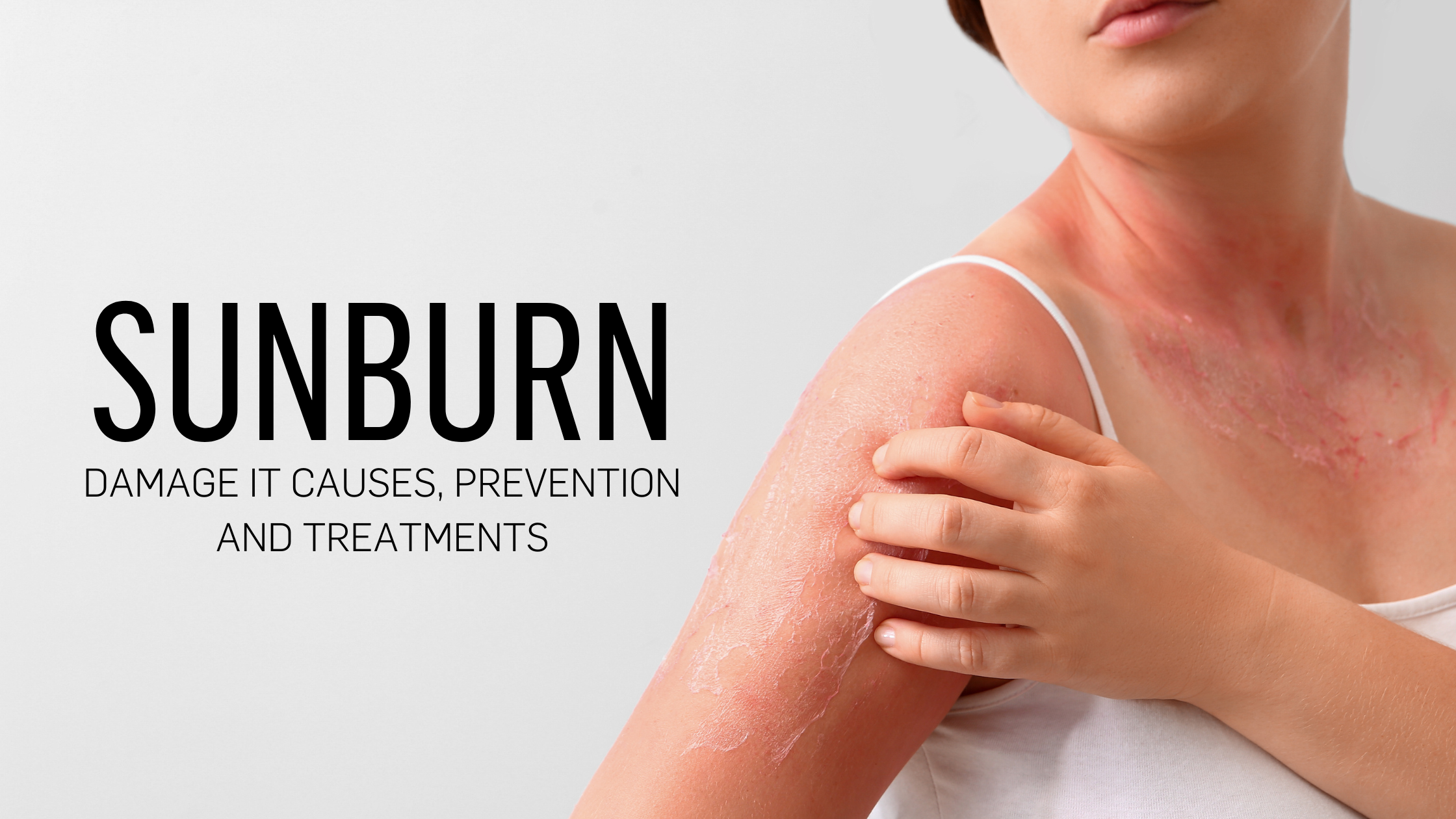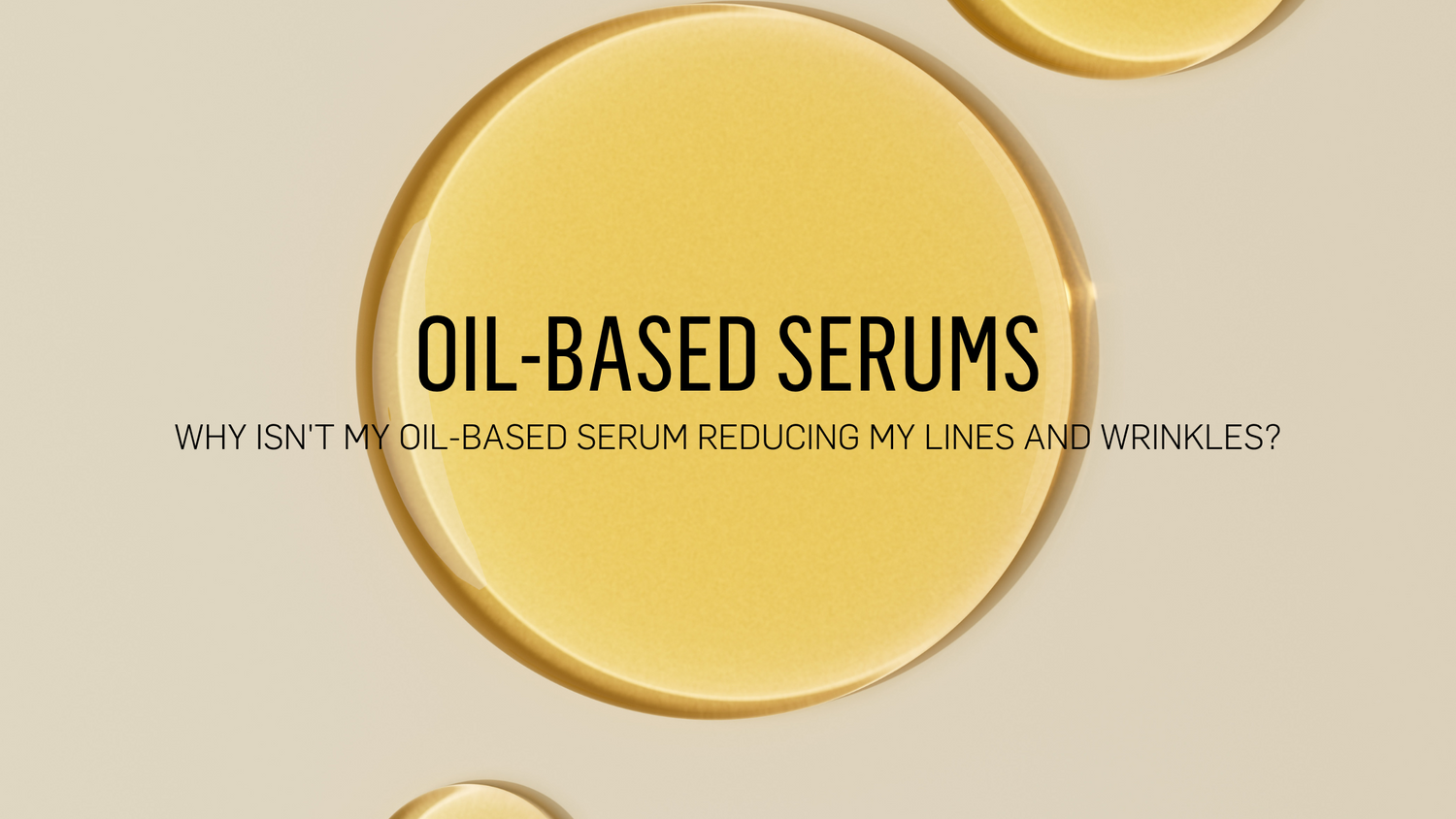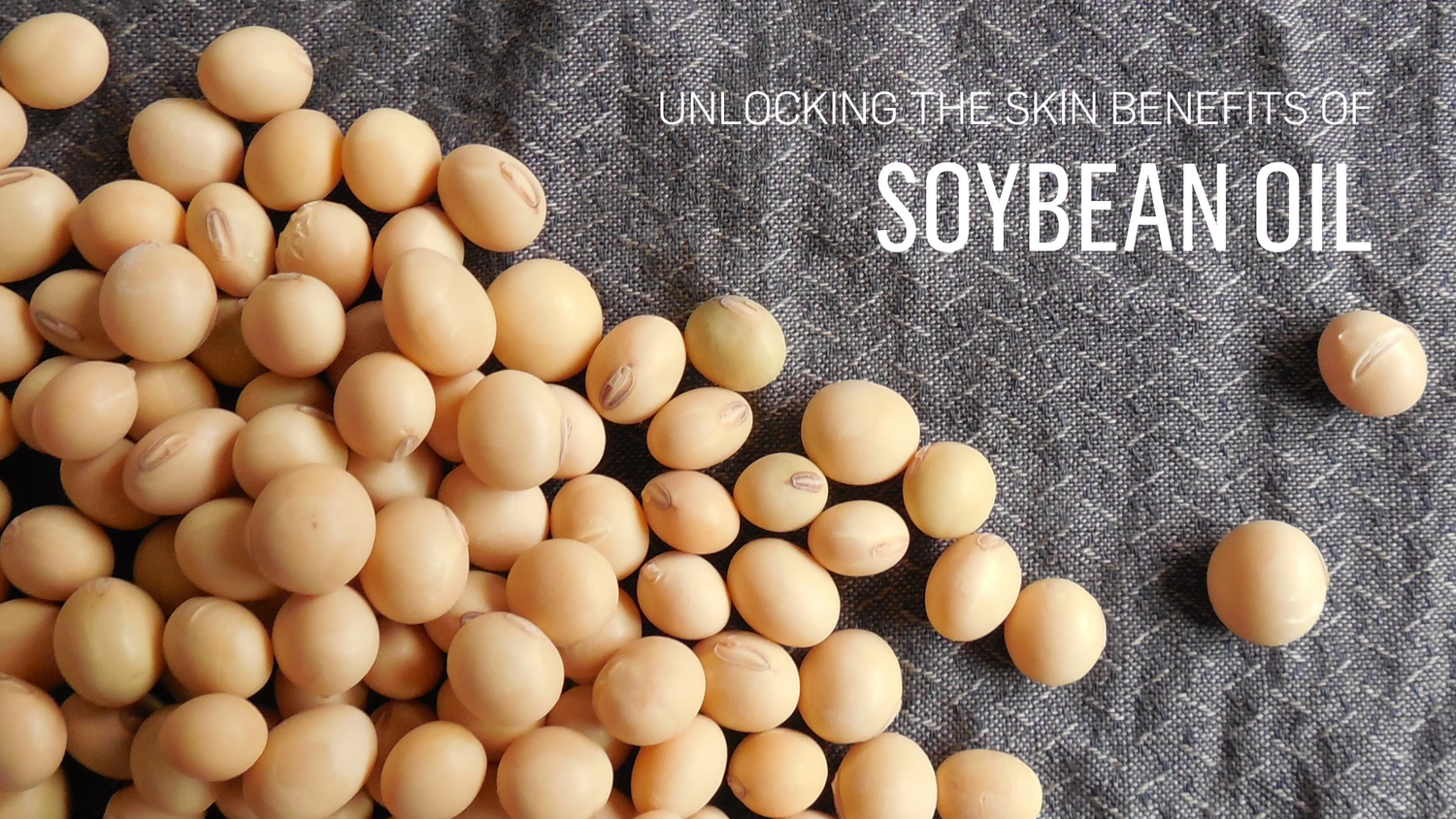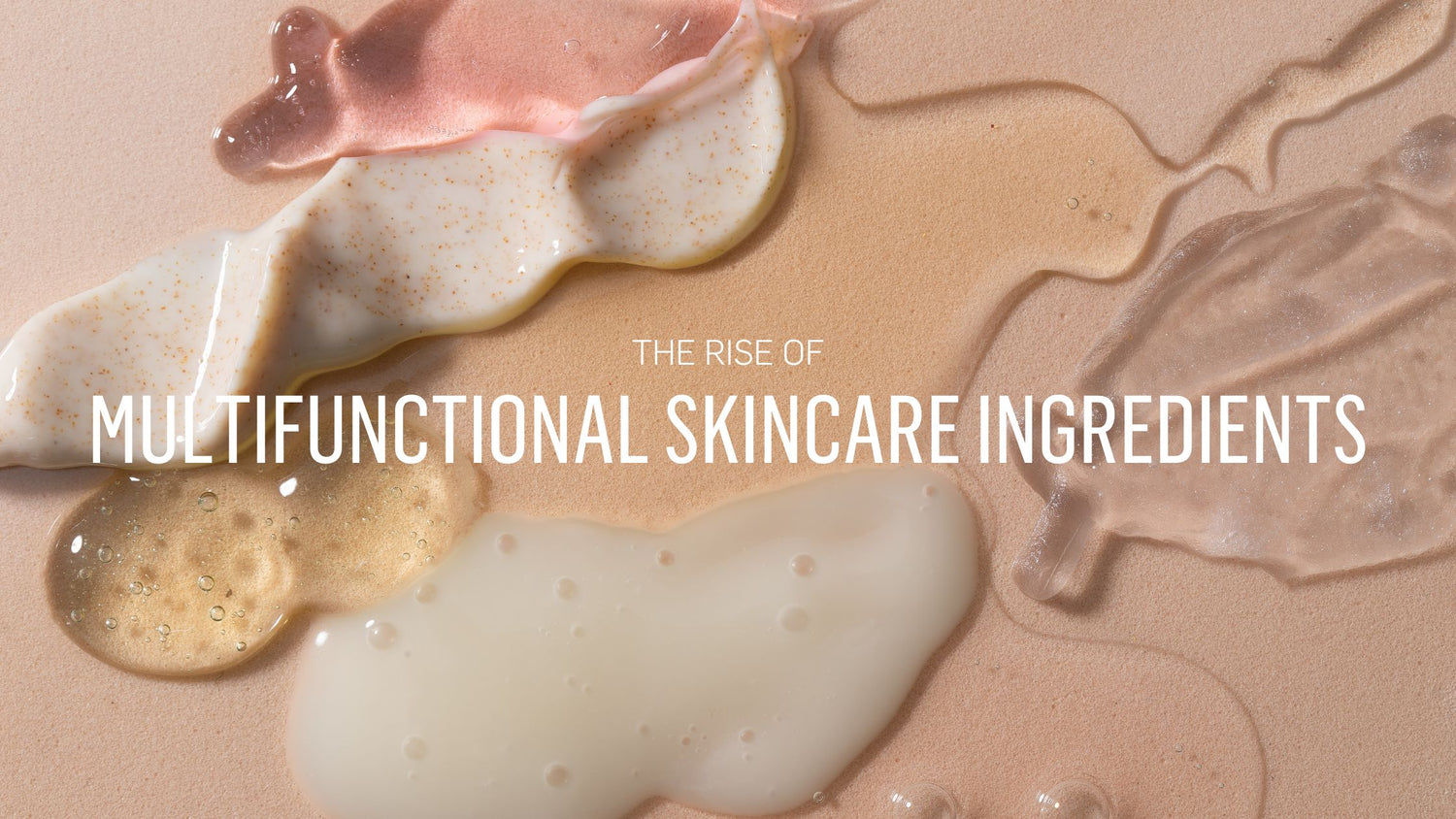Sunburn is an acute inflammatory response of the skin triggered by overexposure to ultraviolet (UV) radiation from the sun or artificial sources like tanning beds. When your skin absorbs too much UV radiation, it damages the DNA in your skin cells, causing them to die and initiating an inflammatory process. This results in the classic symptoms of sunburn: redness, pain, swelling, and, in severe cases, blisters.
The severity of sunburn can range from mild redness and irritation to severe burns that may require medical attention. Besides the immediate discomfort, sunburn accelerates skin aging, leading to wrinkles, loss of elasticity, and hyperpigmentation. More critically, repeated sunburns significantly increase the risk of skin cancer, including melanoma, the deadliest form of skin cancer. Simply put, if enough DNA damage builds up over time, it can cause cells to grow out of control, which can lead to skin cancer.
Sunburn Prevention: Tips and Beneficial Ingredients
Preventing sunburn is not only about avoiding pain but also about protecting your skin's health and reducing the risk of long-term damage. Here are some essential tips to keep in mind:
-
Use Sunscreen: Apply a broad-spectrum sunscreen with an SPF of at least 30, everyday. Reapply every two hours, or more often if you're swimming or sweating. Look for sunscreens containing ingredients like zinc oxide and titanium dioxide, which provide effective physical barriers against UV rays.
- Wear Protective Clothing: Long-sleeved shirts, wide-brimmed hats, and sunglasses can shield your skin from direct sun exposure. Choose fabrics with a high UPF (Ultraviolet Protection Factor) rating for added protection.
- Avoid Peak Hours: Limit your time in the sun, especially during peak hours (10 a.m. to 4 p.m.).
-
Avoid Tanning Beds: Tanning beds emit UV radiation that can cause sunburn and increase the risk of skin cancer. Opt for sunless tanning products if you desire a bronzed look.
-
Hydrate: Drink plenty of water to keep your skin hydrated, which can help mitigate some effects of sun exposure.
Beneficial Ingredients for Sunburn Prevention:
- Antioxidants (Vitamin C and E): These help neutralize free radicals produced by UV exposure, reducing skin damage.
- Niacinamide: This vitamin B3 derivative helps repair DNA damage caused by UV exposure and boosts the skin's barrier function.
- Green Tea Extract: Rich in polyphenols, green tea extract can help reduce inflammation and protect against UV damage.
Treating Sunburn: Effective Ingredients and Methods
If you find yourself with a sunburn, prompt and proper treatment can alleviate discomfort and aid in the healing process. Here are some steps and ingredients that can help:
-
Cool the Skin: Take cool baths or showers to soothe the burn. Avoid hot water, which can exacerbate the irritation.
-
Moisturize: Apply a moisturizer containing aloe vera or soy to help hydrate the skin and reduce inflammation. Aloe vera has cooling properties that provide immediate relief.
-
Hydrate: Drink plenty of water to prevent dehydration, which can worsen sunburn symptoms.
-
Over-the-Counter Medications: Nonsteroidal anti-inflammatory drugs (NSAIDs) like ibuprofen can help reduce pain and swelling.
-
Avoid Further Sun Exposure: Stay out of the sun until your sunburn heals to prevent further damage.
Beneficial Ingredients for Sunburn Treatment:
- Aloe Vera: Known for its soothing and anti-inflammatory properties, aloe vera gel helps cool and hydrate the skin.
- Calendula: This flower extract has anti-inflammatory and healing properties that can aid in skin repair.
- Colloidal Oatmeal: Found in many over-the-counter lotions, it helps soothe and moisturize irritated skin.
- Honey: With its natural antibacterial properties, honey can help prevent infection and promote healing.
- Vitamin E: This antioxidant helps repair damaged skin cells and reduces inflammation.
By understanding the damage it causes, how to prevent it, and how to treat it effectively, you can protect your skin and maintain its health and vitality. Remember, prevention is always better than cure, so take the necessary steps to safeguard your skin from the sun's harmful rays.









